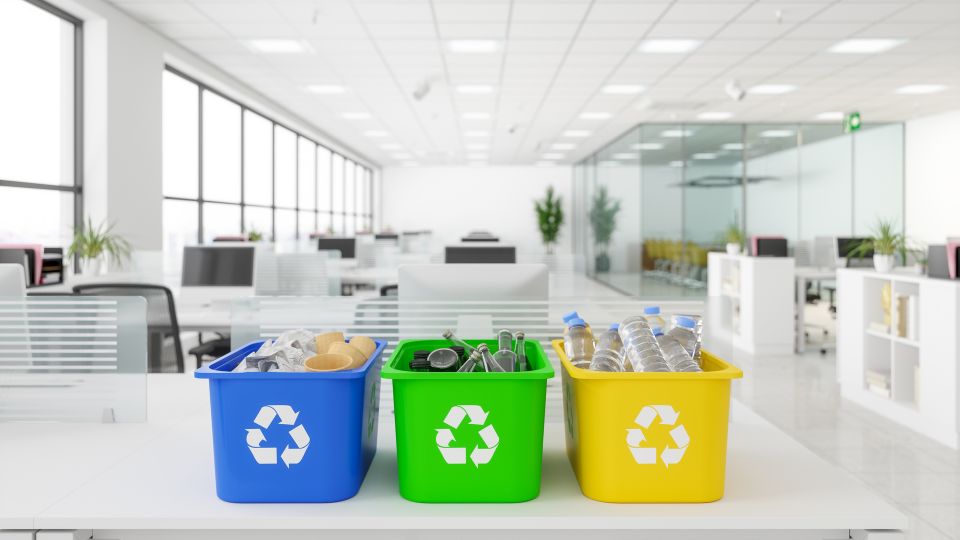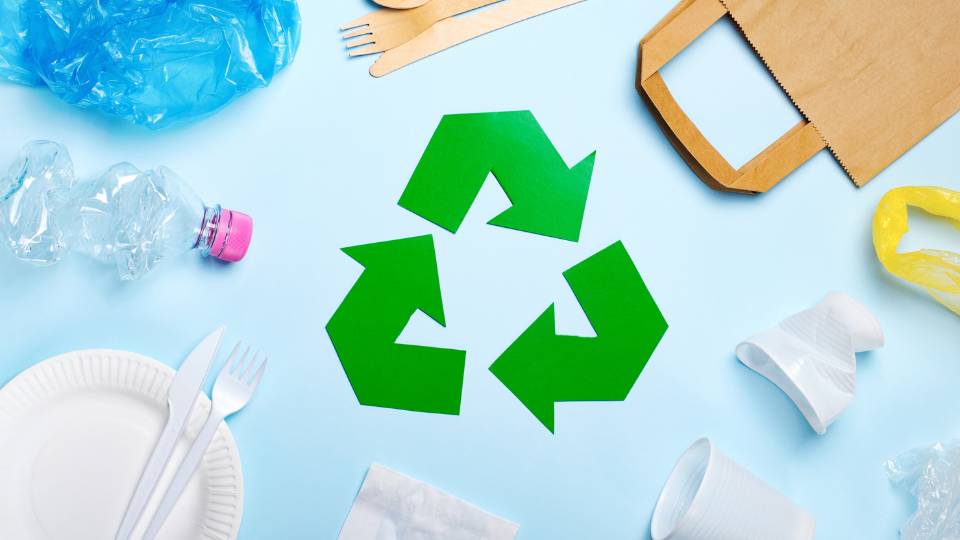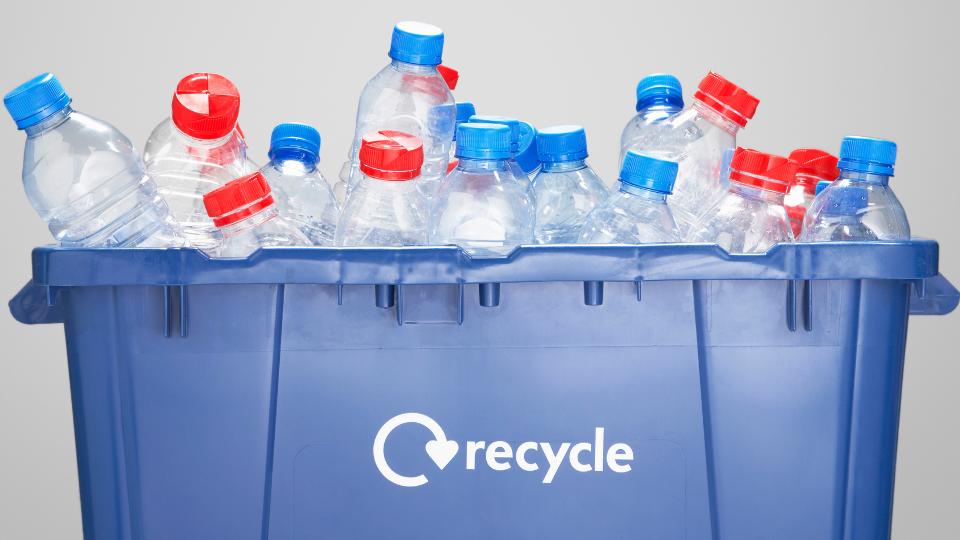
Plastic waste has become a pressing environmental issue globally, and the United Kingdom is no exception.
As businesses and individuals alike seek to reduce their carbon footprint and contribute to a more sustainable future, understanding plastic waste recycling is more important than ever and recycling comes with an array of advantages for your business.
In this guide, we’ll go into everything you need to know about plastic waste, recycling processes, regulations in the UK, and practical tips for effective plastic waste management.
Table of Contents
- What is Plastic Waste?
- What is Plastic Recycling?
- How Does Plastic Recycling Work?
- Plastic Waste Management for Businesses
- Plastic Waste Laws and Regulations in the UK
- Facts and Statistics about Plastic Waste
- Conclusion
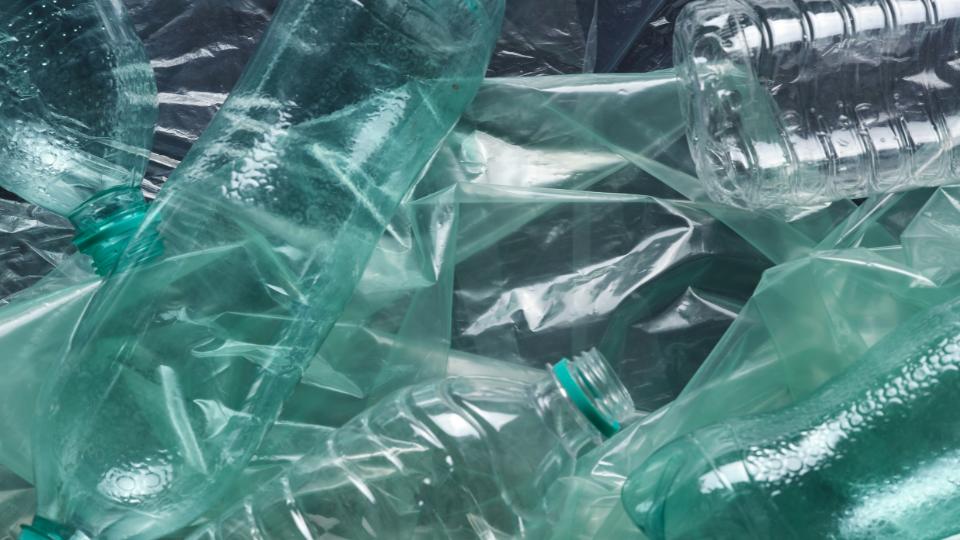
What is Plastic Waste?
Plastic waste refers to any discarded plastic material, including packaging, containers, and single-use items like bags and straws.
These materials pose significant environmental threats due to their non-biodegradable nature, often persisting in the environment for hundreds of years.
Examples of Plastic Waste:
- Plastic Bottles: Including water bottles, soft drink bottles, and other beverage containers.
- Plastic Bags: Both single-use and reusable shopping bags.
- Food Packaging: Such as plastic wrappers, containers, and trays.
- Straws: Single-use plastic straws commonly used with beverages.
- Disposable Cutlery: Including plastic forks, knives, and spoons.
- Plastic Cups: Disposable plastic cups used for beverages at events and parties.
- Packaging Peanuts: Small foam pieces used for packaging and cushioning items during shipping.
Find out more about recycling packaging peanuts in our dedicated guide!
- Plastic Wraps: Used to cover and protect food items, such as cling film.
- Plastic Packaging: From products like electronics, toys, and cosmetics.
- Plastic Utensils: Including disposable plates and bowls made from plastic.
Are you considering alternatives to plastic packaging? Read our blog on Glass Vs Plastic: what’s better?
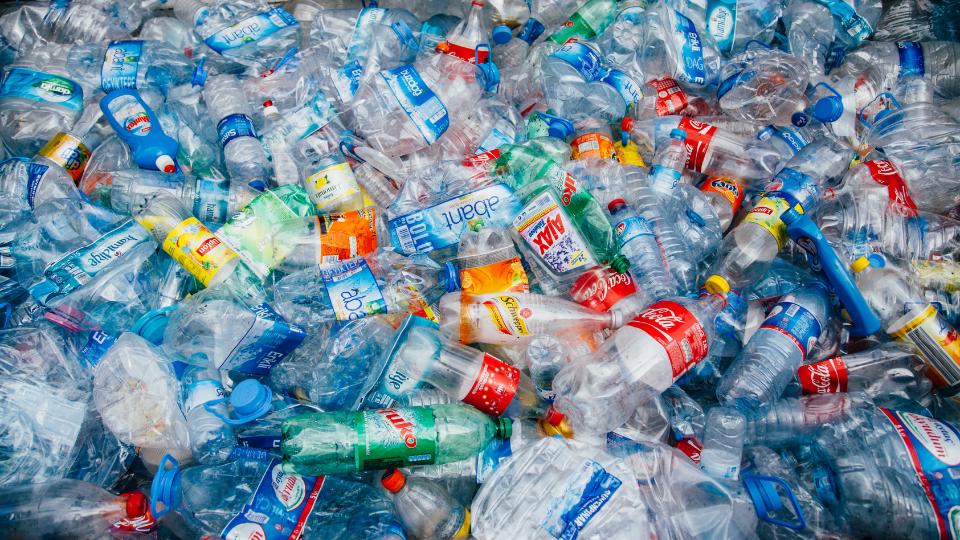
What is Plastic Recycling?
Plastic recycling is the process of recovering waste plastic and converting it into new products.
This process helps mitigate the environmental impact of plastic waste by reducing the need for virgin plastic production.
Here’s a closer look at how plastic recycling contributes to mitigating the environmental impact of plastic waste:
- Conservation of Resources:
Recycling plastic reduces the demand for virgin plastic resin, which is derived from fossil fuels.
By using recycled plastic materials, we conserve natural resources and decrease our reliance on non-renewable sources of energy that harm the planet.
- Energy Savings:
Producing plastic from recycled materials typically requires less energy compared to manufacturing plastic from scratch.
This results in significant energy savings and a reduced carbon footprint, contributing to overall energy efficiency.
- Reduction of Landfill Waste:
Plastic waste is a major contributor to overflowing landfills, posing environmental hazards and leaching harmful chemicals into the soil and water.
By diverting plastic from landfills through recycling, we alleviate the burden on waste management infrastructure and minimise environmental pollution.
- Prevention of Ocean Pollution:
Plastic pollution in the world’s oceans is a growing concern, with devastating impacts on marine life and ecosystems.
Recycling plastic helps prevent the disposal of plastic waste in water bodies, thereby reducing the risk of marine pollution and safeguarding aquatic habitats.
- Creation of Green Jobs:
The recycling industry creates employment opportunities in various sectors, including collection, sorting, processing, and manufacturing.
By supporting recycling initiatives, we encourage the growth of green economies and promote job creation in sustainable industries.
- Promotion of Circular Economy:
Embracing plastic recycling encourages the principles of a circular economy, where resources are kept in use for as long as possible, maximising their value and minimising waste generation.
By closing the loop on plastic production and consumption, we move towards a more regenerative and sustainable economic model.
- Public Health Benefits:
Plastic pollution not only harms the environment but also poses risks to human health, particularly through the ingestion of microplastics and exposure to toxic chemicals.
By reducing plastic waste through recycling, we mitigate these health hazards and promote safer living environments for communities.
Plastic recycling is a critical component of sustainable waste management practices, offering a multitude of environmental, economic, and social benefits.
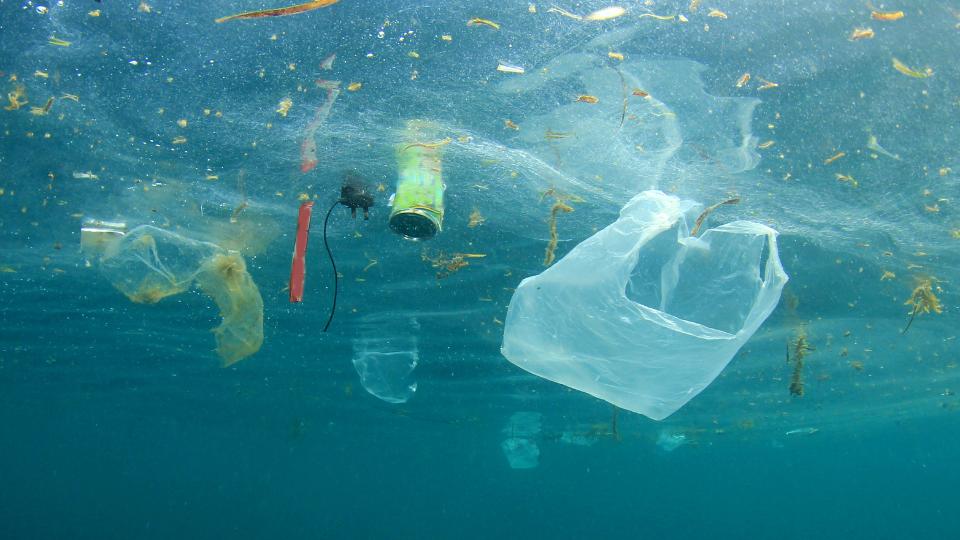
How Does Plastic Recycling Work?
Typically, plastic recycling works by this 5-step simple process:
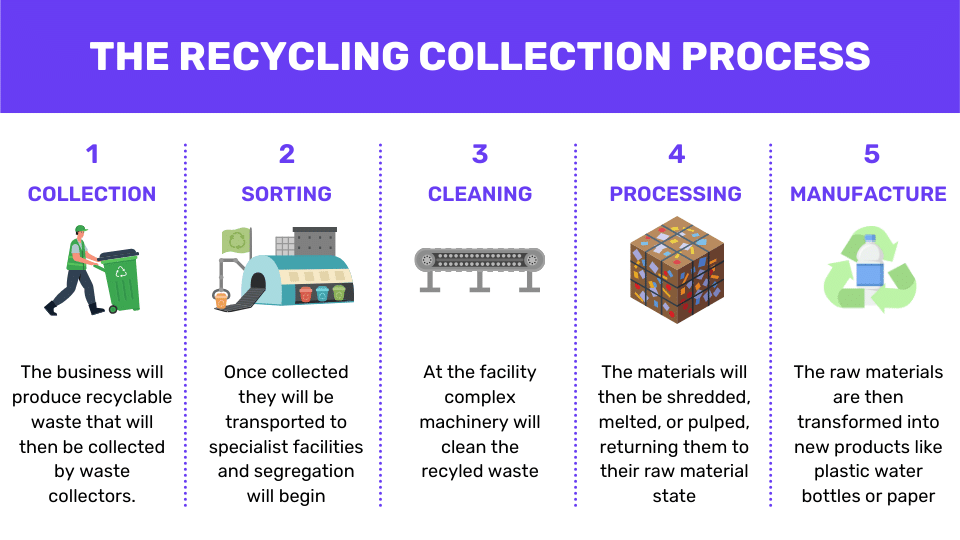
1. Collection:
Plastic waste collection is the initial step in the recycling journey.
The waste is gathered from various sources, including households, businesses, public places, and recycling centres.
Collection methods may vary, ranging from curbside pickup programmes to drop-off points and specialised collection bins.
Efficient collection systems are essential to ensure a steady supply of plastic waste for recycling facilities.
2. Sorting:
Once collected, the plastic waste undergoes sorting to separate different types of plastics.
This step is crucial for effective recycling, as different types of plastics have distinct properties and recycling capabilities.
Sorting is often facilitated by automated machinery and manual labour, with plastics categorised based on their resin identification codes (commonly denoted by recycling symbols).
This ensures that plastics with similar characteristics are grouped together for streamlined processing.
Read more on what dry mixed recycling can go together in our blog.
3. Cleaning:
After sorting, the collected plastic undergoes cleaning to remove contaminants and impurities.
This process involves washing the plastic to eliminate dirt, debris, and residual substances such as labels, adhesives, and food residues.
Additionally, shredding may be used to break down larger plastic items into smaller pieces, enhancing the effectiveness of the cleaning process and preparing the plastic for the processing stage.
4. Processing:
Once cleaned, the plastic undergoes processing to transform it into reusable raw materials.
The cleaned plastic is typically melted down using heat, converting it into molten form.
This molten plastic is then shaped into pellets, flakes, or other forms, depending on the desired end product.
Advanced technologies such as extrusion, injection moulding, and granulation are used during the processing stage to ensure the plastic is prepared for manufacturing new products.
5. Manufacturing:
The final step in the plastic recycling process involves using processed plastic materials to manufacture new products.
The pellets or flakes obtained from recycling are used as raw materials by manufacturers across various industries, including packaging, construction, automotive, and consumer goods.
These recycled plastics can be incorporated into a wide range of products, including bottles, containers, bags, furniture, and construction materials, among others.
By using recycled materials in manufacturing, businesses contribute to resource conservation, energy savings, and environmental sustainability.
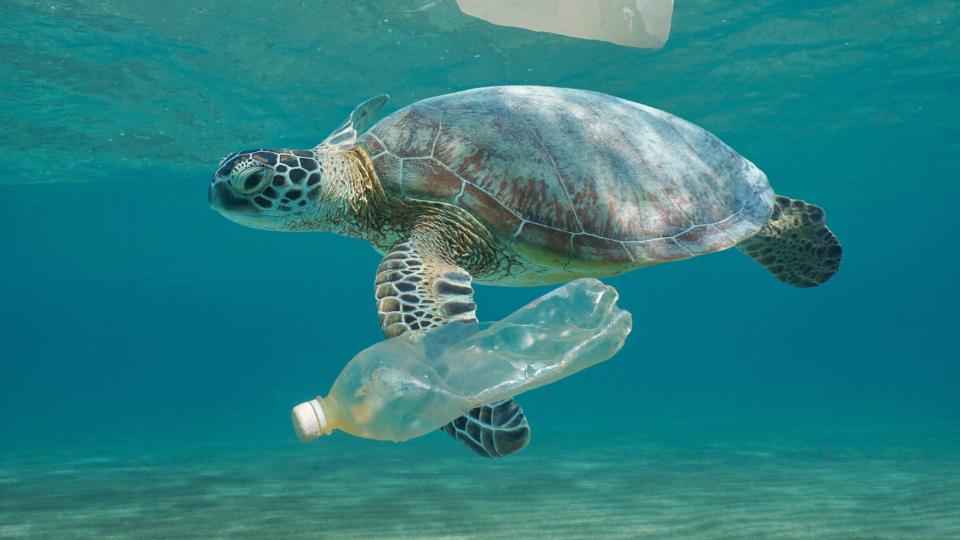
Plastic Waste Management for Businesses
Business owners play a crucial role in managing plastic waste responsibly, contributing to the broader efforts of environmental conservation and sustainability.
Here are some practical tips for businesses to effectively manage plastic waste:
Implement a Plastic Recycling Programme:
Establishing a recycling programme within your business premises is a proactive step towards reducing plastic waste.
Provide designated bins for different types of recyclable materials, including plastics, paper, glass, and metals.
Clearly label these bins and educate employees on what items can be recycled.
Regularly monitor and manage the recycling process to ensure efficiency and compliance with recycling guidelines.
Reduce Single-Use Plastics:
One of the most impactful ways to manage plastic waste is by reducing the consumption of single-use plastics.
Evaluate your business operations to identify areas where single-use plastics can be replaced with eco-friendly alternatives.
Consider using biodegradable or compostable materials for packaging, utensils, and other disposable items.
Encourage employees to bring reusable water bottles, coffee cups, and containers to work, minimising the need for plastic packaging and disposable items.
Educate Employees and Customers:
Effective communication and education are essential in creating a culture of plastic waste reduction within your business and among your customers.
Train employees on proper waste management practices, including recycling procedures and waste segregation.
Provide educational materials, such as posters, brochures, and digital resources, to raise awareness about the environmental impact of plastic waste and the importance of recycling.
Engage with customers through marketing campaigns, social media, and signage to promote sustainable practices and encourage them to support your initiatives for plastic waste reduction.
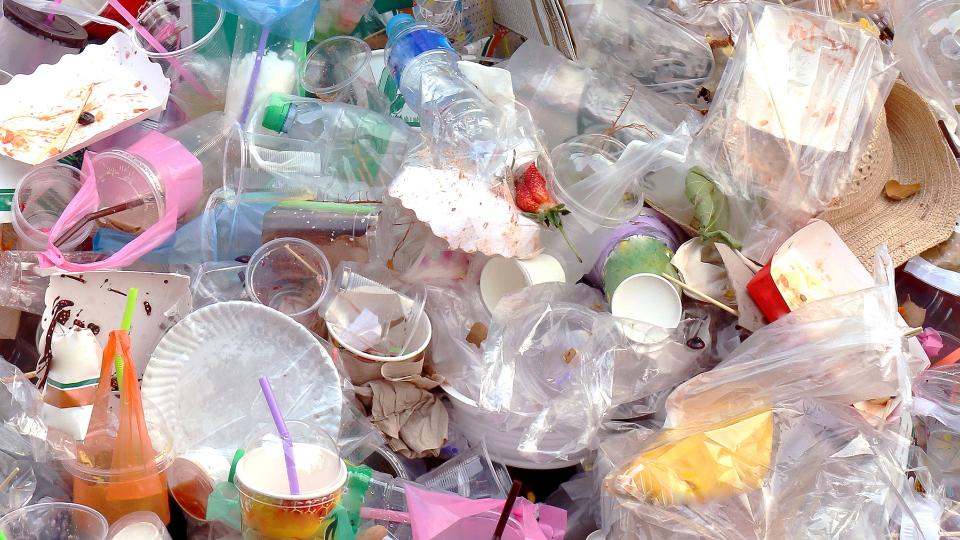
Plastic Waste Laws and Regulations in the UK
In response to the escalating environmental concerns surrounding plastic waste, the UK government has enacted a series of regulations aimed at businesses.
These regulations, including the Plastic Packaging Tax, the Extended Producer Responsibility (EPR) scheme, and the UK Plastic Packaging Regulations, are designed to incentivise sustainable practices and reduce the environmental impact of plastic packaging.
Plastic Packaging Tax
The Plastic Packaging Tax, slated for introduction in April 2022, represents a significant step in the UK government’s efforts to combat plastic waste.
This tax aims to incentivise the use of recycled plastic in packaging materials by imposing a levy on plastic packaging with less than 30% recycled content.
By encouraging businesses to adopt more sustainable packaging practices, the Plastic Packaging Tax aims to reduce the environmental impact of plastic waste while promoting the transition towards a circular economy.
Extended Producer Responsibility (EPR) Scheme
Under the Extended Producer Responsibility (EPR) scheme, producers of packaging materials will bear increased responsibility for the collection and recycling of their products.
This regulatory framework shifts the financial burden of managing packaging waste from taxpayers and local authorities to the producers themselves.
By holding producers accountable for the entire lifecycle of their packaging materials, including collection, recycling, and disposal, the EPR scheme aims to incentivise product design for recyclability and promote investment in recycling infrastructure.
UK Plastic Packaging Regulations
The UK Plastic Packaging Regulations play a pivotal role in setting targets and standards for the recycling and recovery of plastic packaging waste.
These regulations mandate that businesses comply with specific recycling and recovery targets for plastic packaging materials, ensuring a minimum level of environmental performance across the industry.
By establishing clear objectives and guidelines, the UK Plastic Packaging Regulations provide a framework for businesses to enhance their plastic waste management practices and contribute to the circular economy agenda.
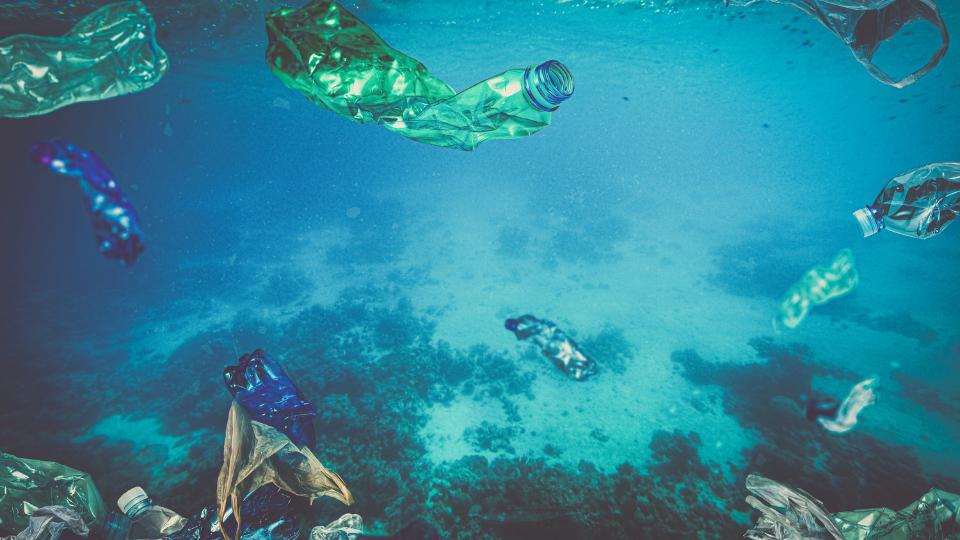
Facts and Statistics about Plastic Waste
- Only 9% of all plastic produced is actually recycled.
- 2 million plastic bags are used every minute around the world.
- 73% of all beach litter is made up of plastic waste.
- Every single minute, one bin lorry full of plastic gets dumped into the ocean.
- There could be more plastic than fish in the ocean by the year 2050.
- 90% of all seabirds have already ingested at least 1 bit of plastic in their lifetime.
This number will rise to 99% of all seabirds by 2050.
- The average person eats 70,000 pieces of microplastic every single year.
- The average life expectancy of a plastic bag is around 12 minutes.
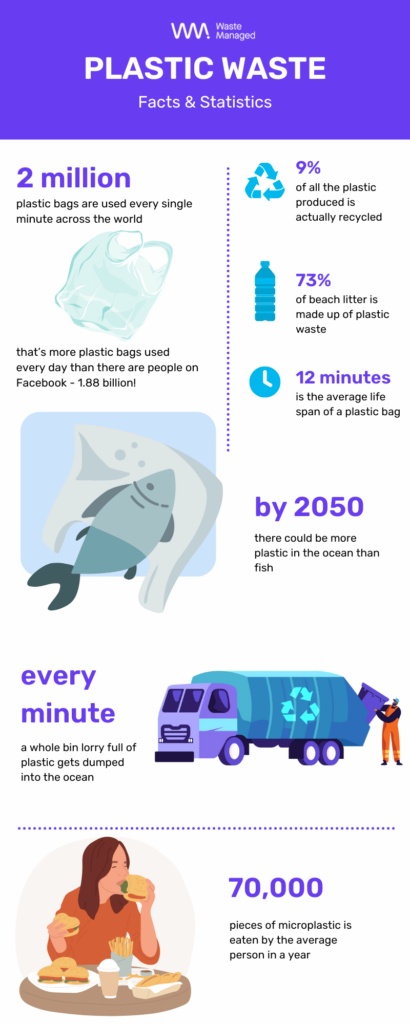
Conclusion
Plastic waste recycling is a crucial component of sustainable waste management in the UK.
By understanding the processes involved, adhering to regulations, and adopting responsible practices, businesses can contribute to reducing the environmental impact of plastic waste.
Together, we can work towards a greener, cleaner future for generations to come.
Remember, every small effort counts in the fight against plastic pollution. Let’s join hands to make a difference.

